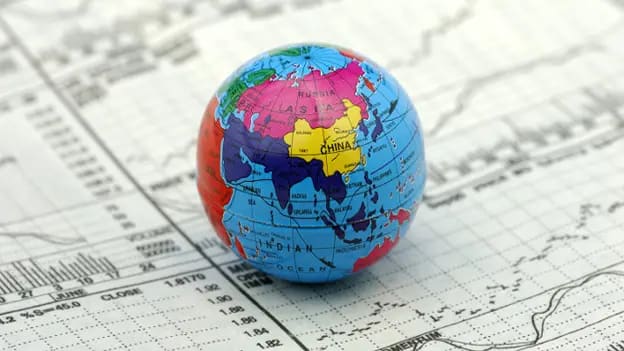Policies and government grants for SMEs in SEA

The common misconception about startups is that they are alone in starting out a venture. The reality, however, is a little different. The government helps Small and Medium-sized Enterprises (SMEs) navigate through the challenges of garnering capital and bearing the costs of running a successful business in a globally competitive market. Policies and grants become a medium for the governments to show their support to SMEs.
The SMEs in the ASEAN region are recognized for their role in the growing economy, which is why they are highly valued. According to a study conducted by US-ASEAN Business Alliance for Competitive Small and Medium Sized Enterprises, more than 96 percent of the businesses in the region are SMEs. The policies made for SMEs development and modernization play a massive role in realizing the full economic potential of the region.
Policies for small businesses and grants
Singapore, Malaysia, and Indonesia have set collaboration between small business organizations and the government through active policy-making agencies.
- Singapore: In Singapore, the Standards, Productivity, and Innovation Board of Singapore (SPRING) lives by its mission of "Enabling Enterprise." Working under the Ministry of Trade and industry, they provide SMEs with quality assurance infrastructure while promoting compliance and internationally recognized standards.
- Indonesia: The president of Indonesia provides the Ministry of Cooperatives and SMEs the mandate to craft and coordinate policies to drive productivity, competitiveness, and independence towards a better business environment.
- Malaysia: Malaysia's SME Corp, is the agency that centrally coordinates and formulates overall policies and strategies of SMEs along with the implementation.
Government grants are monetary assistance which is different from loans. It is risky to invest in startups, which is why sometimes there is no surety of returns with them, and with grants, there is no expectation of returning it back. But grants do have there pros and cons. Grants are generally granted after the process of reviewing a proposal, demands, research, and planning. And the southeast Asian region has diverse prospects for their SMEs who require funding.
Grants for SMEs
Singapore
The government of Singapore understands the value of SMEs, and they play a vital role in the growth of GDP of the country, which is why the government supports the organizations by providing them with these grants:
- The International Expansion Grant (Market Readiness Assistance Grant) aims to accelerate the expansion of homegrown SMEs at an international level.
- ACE Startups helps SPRING to match SGD7 to every SGD3 raised by an entrepreneur, up to SGD50,000. It also matches each SME with a mentor who supports the startup for the first year.
- Capability Development Grant helps SMEs build capabilities across 10 key business areas. Be it adopting technology or overseas expansion. Recently it has simplified its application process, now the grant financially supports the organization up to SGD30,000.
- IE Singapore’s Global Company Partnership (GCP) Grant benefits SMEs that aim for global competitiveness.
Malaysia
Even with excellent performance, he SMEs's impact on Malaysia has been average as compared to other countries in the ASEAN region, which is why the Malaysian government came up with these grants to support the development of the SMEs:
- The Business Start-Up Fund (BSF) is a grant sponsored by the Malaysian Technology Development Corporation (MTDC). It reaches out to tech entrepreneurs and new startup companies.
- The Young Entrepreneur Fund from SME Bank funds the young entrepreneurs from the age gap of 18 to 30 years, who are engaged in business activities catering to their generation.
- TEKUN Financing funds the SME owners who aim to expand.
- Agro Bank’s Perusahaan Kecil dan Sederhana backup the local agricultural entrepreneurs financially.
- The Malaysian Industrial Development Berhad (MIDF) through the Soft Loan Schemes for Service Sector aids supports the expansion, upgrade, modernization, and diversification of already existing service providers into higher value-added activities.
- MIDF’s Soft Loan for SMEs helps SMEs with projects, fixed assets, and working capital financing. Further, they help them become more efficient and productive by the adoption of information and communications technology in business management and operations.
Indonesia
Indonesian economy relies heavily on the SMEs for long-term sustainable economic growth. The government aims to improve the productivity of the SMEs and narrow the gap between them and large enterprises with the help of these two grants:
- The Ministry of Cooperative and SME Startup Incubator Program concentrates on supporting local entrepreneurs through ample business opportunities.
- Credit for Businesses (Kredit Usaha Rakyat) grants credit, working capital, and/or investment financing schemes dedicated explicitly to micro, small, and medium enterprises, and cooperatives.
The governments in the ASEAN countries understand the value of SMEs and startups and their potential role in long-term economic sustainability. Which is why they help out these organizations in the best way possible to succeed.








